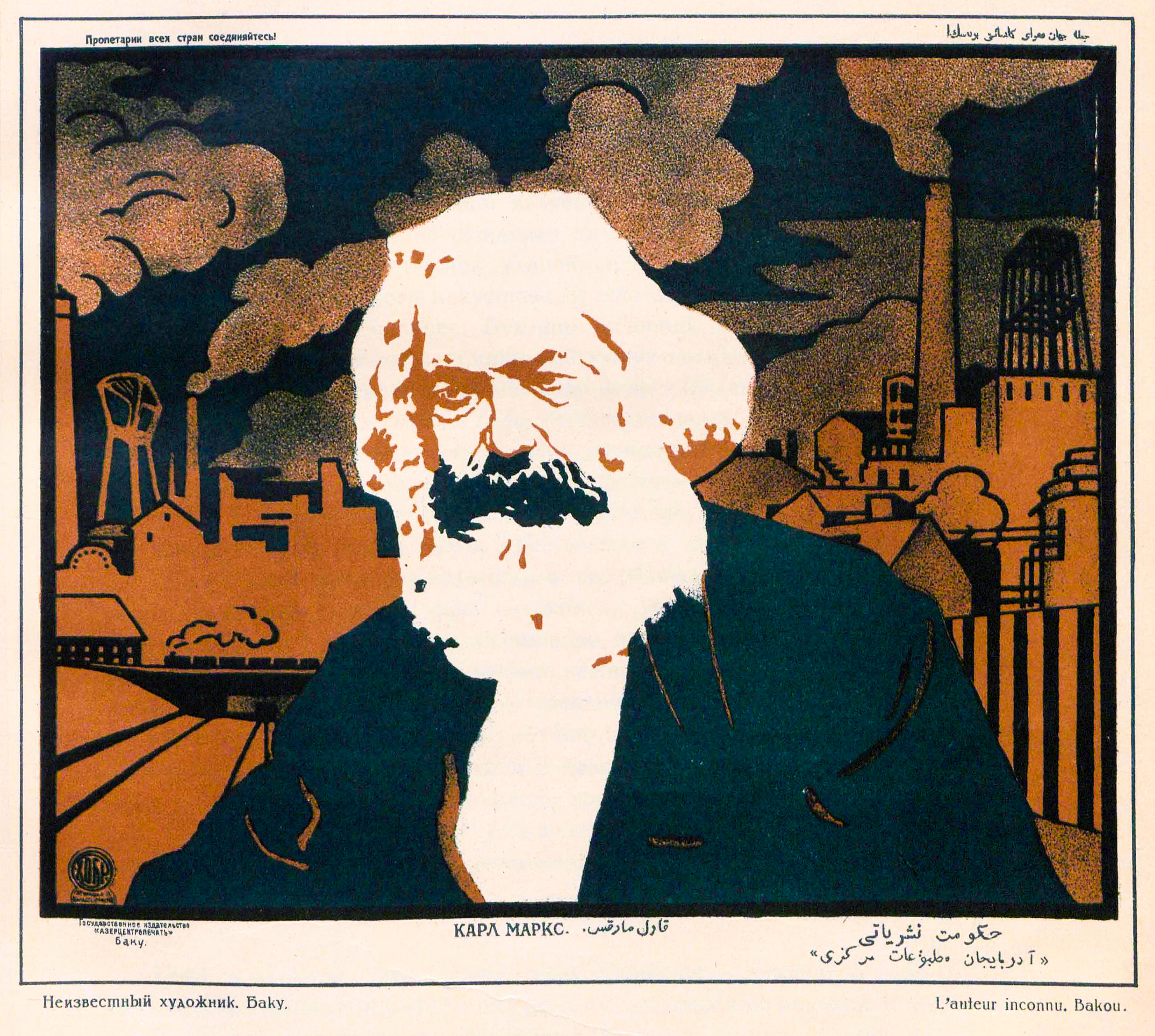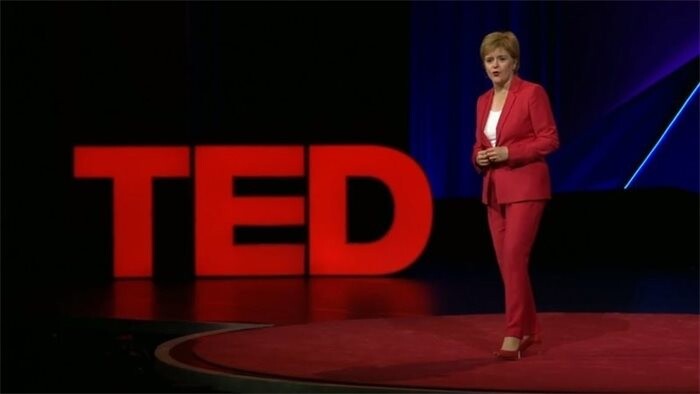Imagining an economy that works for all of Scotland
Radical ideas about making a nation’s economy work for the interests of all of its people, and not just a lucky minority, have been around for as long as capitalism itself.
In the early years of the industrial revolution, classical economists such as Adam Smith first put forward the idea that free markets, based on the self-interest of industrial capitalists and landlords, would benefit even the poorest in society – as a rising tide lifts all ships.
He called it the ‘invisible hand’ – an idea that was expanded upon by subsequent generations of economists, that came to define the economic concept of unintended greater social benefits and public good brought about by individuals acting in their own self-interests.
While working as a professor at the University of Glasgow, Smith first laid out the invisible hand in The Theory of Moral Sentiments, where he described the aspirations of a greedy landlord as beneficial to his tenants.
He wrote: “The proud and unfeeling landlord views his extensive fields, and without a thought for the wants of his brethren, in imagination consumes himself the whole harvest ... [Yet] the capacity of his stomach bears no proportion to the immensity of his desires ... the rest he will be obliged to distribute among those, who prepare, in the nicest manner, that little which he himself makes use of, among those who fit up the palace in which this little is to be consumed, among those who provide and keep in order all the different baubles and trinkets which are employed in the economy of greatness; all of whom thus derive from his luxury and caprice, that share of the necessaries of life, which they would in vain have expected from his humanity or his justice.”
The theory of laissez-faire economics would greatly inspire subsequent governments throughout the world over the next two centuries, for better and for worse.
 A portrait of Karl Marx
A portrait of Karl Marx
As an extreme example, during the Irish Famine, the British Whig government believed that supply and demand would provide the food needed to feed the starving population, and refused to interfere with the exporting of food to England, exacerbating the famine.
A few years before the famine, Karl Marx had begun writing about ‘commodity fetishism’ – the idea that economists at the time viewed the price of commodities as separate from the interpersonal relationships between human beings that produced the commodities.
He used the word ‘fetishism’ as an insult to economists who believed the market was uncontrollable, as if prices were set by deities that should be worshipped – and in fact Smith had written a century earlier that the invisible hand was the hand of God.
Marx’s ideas on economics, however, produced greater famines when put into practice during communism’s zenith during the 20th century.
So how much intervention in an economy, in the name of public good, cripple said economy? And when does unchecked, laissez-faire markets concentrate wealth in the hands of the few?
The answer, according to Frances Rayner, of the Wellbeing Economy Alliance Scotland, is to make the economy ‘person-centred’, and geared towards environmental protection and regeneration.
“At its heart a wellbeing economy is one where we all have what we need to live full and healthy lives. And we do this while protecting the health of our natural environment.
“The economy we have today is one driven by a very different motive - to continually grow the economy so there are more goods and services in circulation and we’re all consuming more without paying too much attention to what this means in practice for people and planet.
“Then governments set aside some of this money in taxes to pay for the casualties of our economic system.
“For example, the Scottish and UK Governments spend billions of pounds in Scotland topping up poverty wages, housing the homeless and building flood defences.
“This is a concept called ‘failure demand’. Our current economic paradigm has us trapped in a cycle of paying to fix what we continue to break.”
According to the Wellbeing Economy Alliance, a global collaboration of wellbeing economy proponents, there are four underlying principles in the movement. The four ‘Ps’.
Purpose - economic choices would be made according to how well they delivered on collective wellbeing, rather than growth. This collective wellbeing is defined as dignity (everyone has enough to meet their needs), connection, access to nature, a sense of fairness and meaningful participation.
People powered - a wellbeing economy would be built on meaningful participation of citizens and actively bringing in the voices of those people that have borne the brunt of the current system.
Prevention - a wellbeing economy would be designed to prevent social and environmental damage from happening in the first place.
Pre-distribution - a wellbeing economy should produce less inequality in the first place. Wages and incomes would better reflect the value that workers bring to society, reducing the need for re-distribution through taxes.
The wellbeing economy is an idea that has taken root at the heart of the Scottish Government.
In 2018, Scotland joined the Wellbeing Economy Governments group, bringing together as founding members the countries of Iceland and New Zealand along with Scotland.
In January 2020, First Minister Nicola Sturgeon told a meeting of the Wellbeing Economy Alliance in Edinburgh that people’s quality of life should be as important as economic growth.
"The goal and objective of all economic policy should be collective wellbeing. This broader approach is at the very heart of our economic strategy which gives equal importance to tackling inequality as economic competitiveness," Sturgeon told the conference.
"It is why we are so committed to fair work and making sure that work is fulfilling and well paid and why we are acting to ensure a just transition to a carbon zero economy where no one is left behind."
The First Minister had previously espoused the benefits of a wellbeing economy during her TEDTalk in July 2019, and said that the ever growing reliance on GDP as a measure of an economy’s health would actually be contrary to what Adam Smith would have wanted.

First Minister Nicola Sturgeon speaking at the 2019 TEDSummit - Image credit: TED
“You know, what we choose to measure as a country matters,” Sturgeon said during her TEDTalk.
“It really matters, because it drives political focus, it drives public activity. And against that context, I think the limitations of GDP as a measurement of a country's success are all too obvious.
“You know, GDP measures the output of all of our work, but it says nothing about the nature of that work, about whether that work is worthwhile or fulfilling.
“It puts a value, for example, on illegal drug consumption, but not on unpaid care. It values activity in the short term that boosts the economy, even if that activity is hugely damaging to the sustainability of our planet in the longer term.”
A recent survey, carried out as part of the Diffley Partnership’s Understanding Scotland report, found almost two thirds of people believe the pandemic has shown the need to move to a wellbeing economy. Three in four people agreed there is a need to re-evaluate who creates real value in the economy.
“A huge amount of public policy effort and spending rightly goes into fixing urgent problems like climate change and poverty,” added Rayner.
“But these problems are driven by the design of our economy. Let’s reprogramme our economy so it puts the health of our planet and communities first.
“A Wellbeing Economy would be measured not by the volume of goods and services it produces but by its ability to meet our fundamental needs for dignity, access to nature, connection, fairness and meaningful participation.
“It’s an idea whose time has come.”
Holyrood Newsletters
Holyrood provides comprehensive coverage of Scottish politics, offering award-winning reporting and analysis: Subscribe